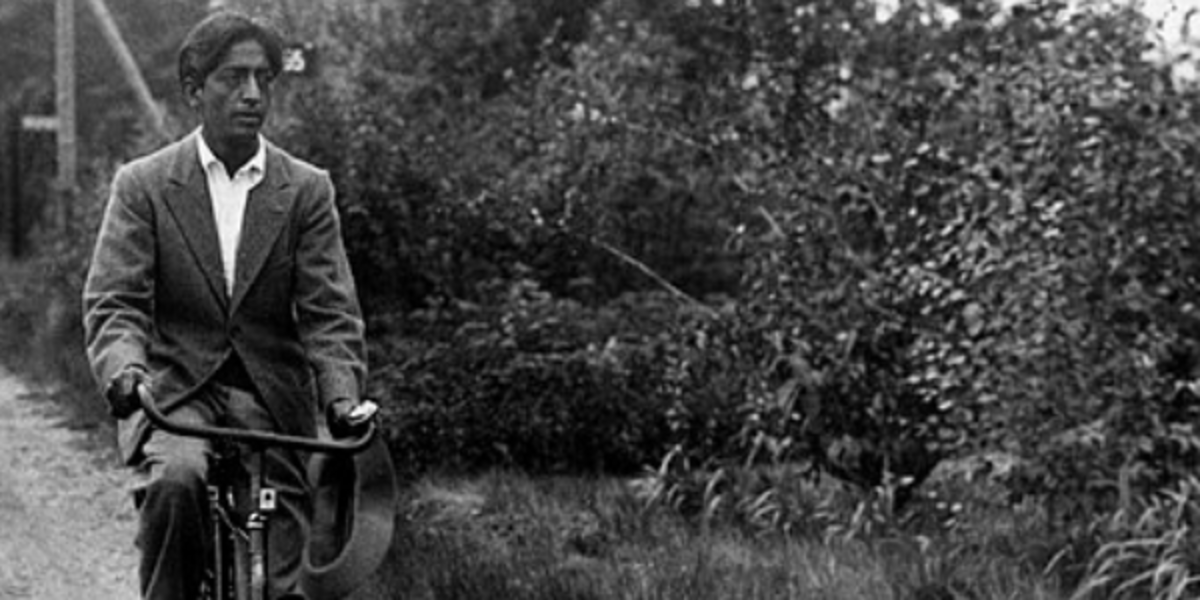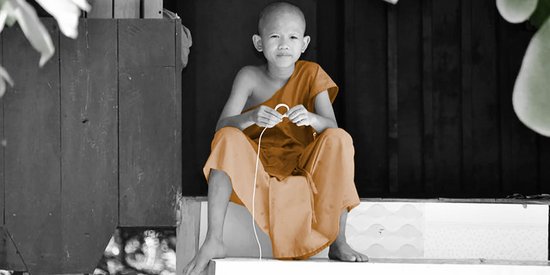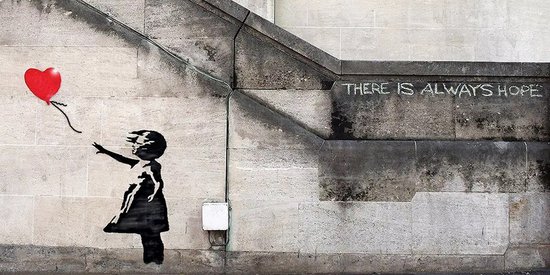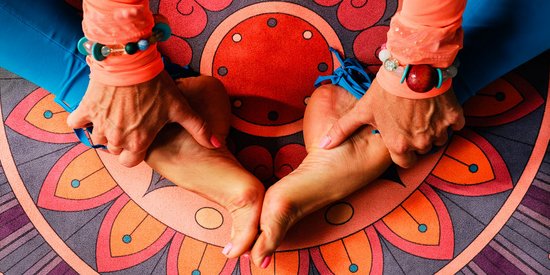Jiddu Krishnamurti was born in Madanapalle, a small town in Southern India, which was then British India. There is no consensus regarding Krishnamurti's actual date of birth, but Mary Lutyens, known for her biographical works on Krishnamurti, claims it to be May 12, 1895.
He and his brother were adopted in their youth by Dr. Annie Besant, then president of the Theosophical Society.
Jiddu Krishnamurti lived from 1895 to 1986 and is considered one of the greatest philosophical and spiritual figures of the 20th century. Krishnamurti claimed no allegiance to any caste, nationality or religion and was not bound by any tradition. His goal was to unconditionally free humanity from the destructive limitations of the conditioned mind.
A place in spiritual movements
We could qualify Krishnamurti as a very special man in the history of spiritual movements. Krishnamurti remains a man who cannot be classified, belonging neither to the East nor to the West. His writings have never identified any specific religion, giving him all the characteristics of a large-scale thinker. Emphasis is constantly placed on the need for self-knowledge and an understanding of the limiting and sectarian influence exerted by religious and nationalist conditioning.
Source of inspiration
Wrongly considered to be a guru, Krishnamurti was able to transmit a vision of life that he believed to be his true freedom, resulting from incomparable wisdom and virtue.
A great Indian philosopher, Krishnamurti never ceased to inspire all kinds of spiritual currents. His vision and his principles regarding society, on the world in general, on what surrounds us and how we deal with this, leads us to introspection of an interior revolution or evolution.
Could this great thinker help us overcome all our fears and constraints by putting us on the path to liberation?
In search of an absolute truth, Krishnamurti, religious, spiritual master and philosopher, knew how to impress us without giving lessons, pushing us towards a freedom and a truth where paradox and metaphors regarding a sick society leave us to face the big question alone: Can we lead a healthy life in a crazy world?
His astonishing and paradoxical affirmations were no obstacle to the immense success of his teaching, which he continued to dispense throughout the world until his death.
The core of Krishnamurti's teaching is contained in the statement he made in 1929 when he said, "Truth is a pathless land." Man cannot achieve this by any organization, by any creed, by any dogma, priest or ritual, or by any philosophical knowledge or psychological technique. He must find it through the mirror of relationships, through understanding the contents of his own mind, through observation, and not through intellectual analysis or introspective dissection.
Through his teaching, Krishnamurti addressed youth all over the world, founding schools in California, England and India. Jiddu Krishnamurti exposed his ideas on the life and the transformation of the world for more than 60 years, through books and conferences.
Krishnamurti died on February 17, 1986, after losing his battle with pancreatic cancer. A few days before his death, he had declared that his mystical experiences would die with him and that no one could succeed him. "There is no Krishnamurti", as there is no consoling god, nor meaning in life. The truth for him, is “a country without a path.”









